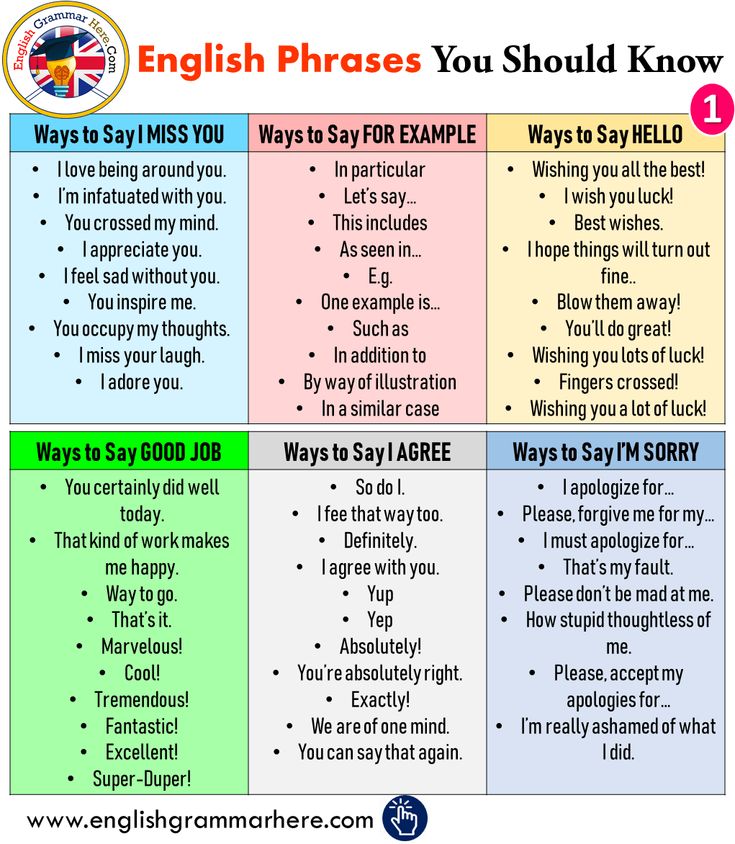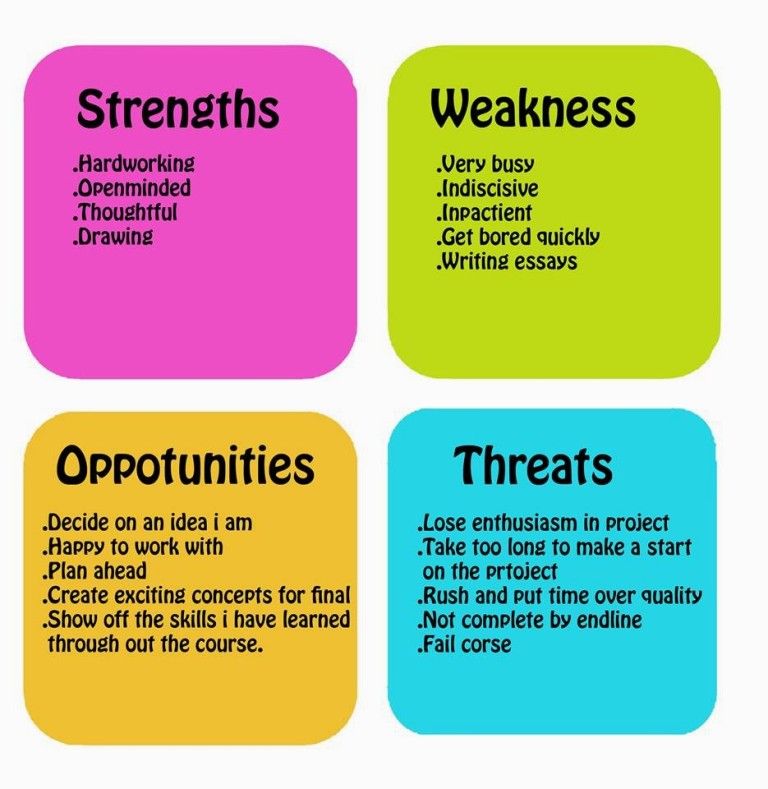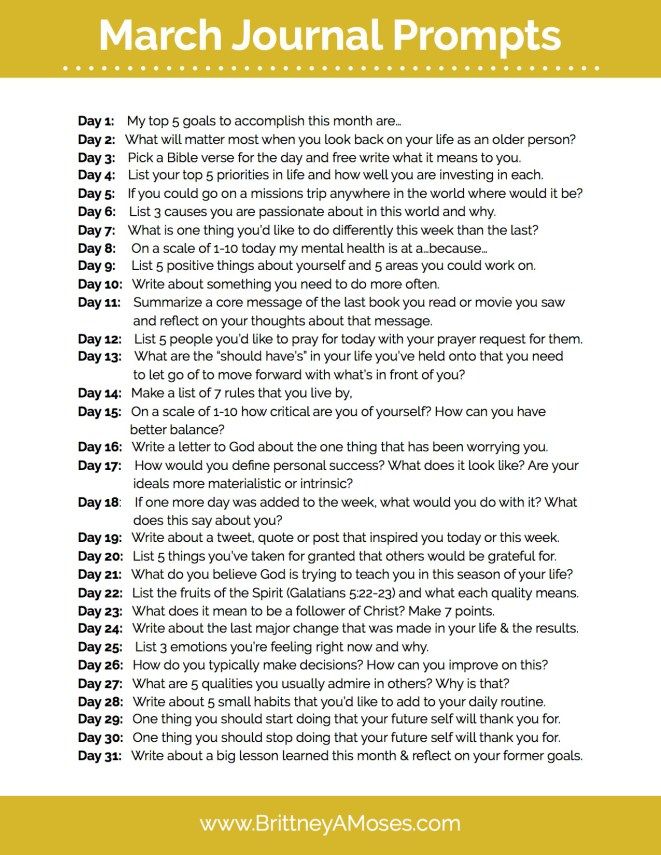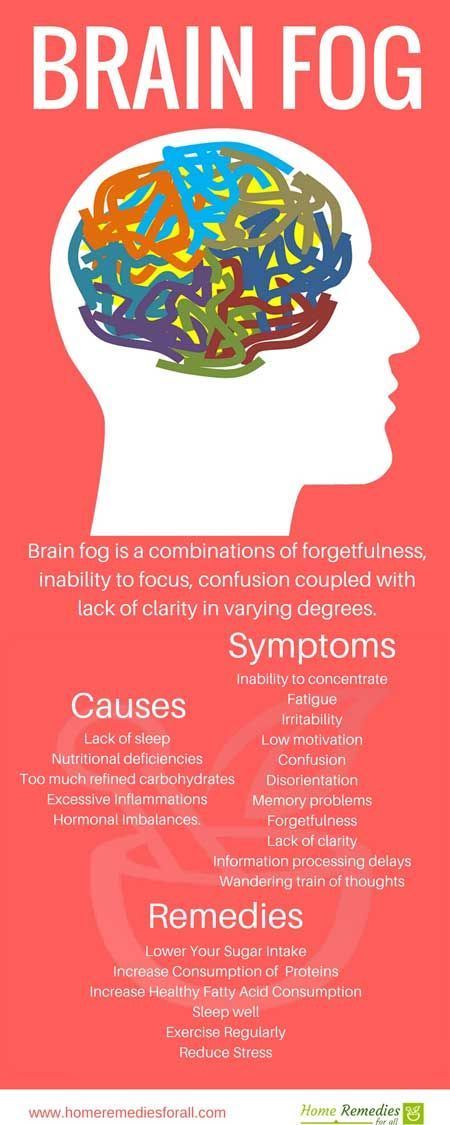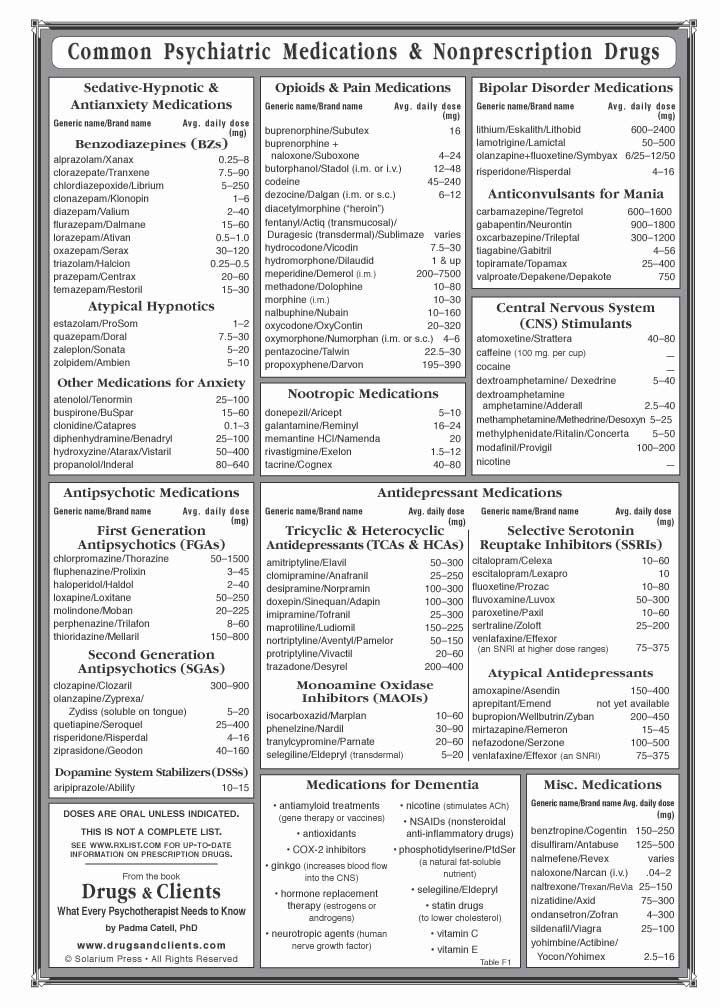What your dreams can tell you
10 Things Your Dreams Can Tell You About Yourself
Everybody dreams, but how many take advantage of the wisdom dreams provide? As a student and teacher of the School of Metaphysics, I record and analyze my dreams daily. Through years of analysis, we’ve discovered that every dream is about the dreamer, each part of the dream is part of the dreamer, and every dream reveals the person’s state of mind 24-48 hours before the dream.
What does that mean? All dreamers have the ability to better understand themselves and their lives through their own dreams. It takes practice and a desire to learn! Here are 10 useful dream insights to start you on the path to personal discovery and the interpretation of your own dreams!
1. Dreams About Your State of Health
Our dreams come to us from our inner mind, our subconscious. Every night we experience this state of mind. We also tap into it any time we meditate, deeply concentrate, or listen to our intuition. The subconscious uses images from our waking life to communicate to us in analogies, in symbols.
The presence of your car in a dream tells you about your health. The car symbolizes your body. A car in your waking life is a vehicle to move your body from place to place. What vehicle moves your mind from place to place – your body!
⌄ Scroll down to continue reading article ⌄
⌄ Scroll down to continue reading article ⌄
Pay attention to the state of the car in your dream. Is it new/old? Damaged? Do you have it parked, or are you taking it somewhere? A parking lot is a place to rest your car, so it symbolizes that you are taking some time for relaxation. If you’re driving your car, you are in control of yourself. If you are driving but not able to control your car, you’re the one out of control! When you have a car dream, take stock of your current health. Pay attention to your body and what it may be telling you.
2. Dreams About Your State of Mind
What is the setting of your dream? Your purpose for those places will reveal what mindset you had the day before the dream. If you dream about your place of work, your mind was in a working mindset, focused on activity and accomplishment. If you dream about school, your mind was focused on life lessons to be learned. If you’re in a new house, you’re taking on a whole new way of thinking. If you’re in your childhood home, you’re in an old, comfortable way of thinking – maybe even an outdated one!
If you dream about your place of work, your mind was in a working mindset, focused on activity and accomplishment. If you dream about school, your mind was focused on life lessons to be learned. If you’re in a new house, you’re taking on a whole new way of thinking. If you’re in your childhood home, you’re in an old, comfortable way of thinking – maybe even an outdated one!
3. Dreams About Where Your Attention Lies
What kinds of dreams do you have? Are they mundane, everyday dreams? Or are they fantastical? Do you have simple, short dreams, or are they long and rambling? Do they have a logical progression – or do they spastically leap from place to place without any transitions? Whichever you experience – that was what was happening in your mind!
A friend at a Dream Catchers Meetup once described one of her long, transition-less dreams in great detail. Repeatedly she was in the middle one scene, when suddenly she found herself somewhere else, doing something completely different! We all had a good laugh because we knew that she talked just like her dream: leaping from topic to topic without any clean transitions! Her dreams were a true visual representation of her mind.
⌄ Scroll down to continue reading article ⌄
⌄ Scroll down to continue reading article ⌄
4. Dreams About Your Future Possibilities
Dreams can sometimes be precognitive, giving insight into possible future events. One morning I had a brief dream with some very detailed scenery near some train tracks. That same morning, as I was sitting in my car, waiting for a train – I was startled to recognize that I was in the same exact location as my dream! Some people frequently have precognitive dreams. They might be frightened by predicted accidents and illnesses. The important thing to recognize is that these dreams are not set predictions. They are dreams of the possible future, as in the example of Charles Dickens’s infamous Ebenezer Scrooge. It is up to the dreamer to decide what to do with the information in the dream. The individual always has control.
5. Dreams About Your Use of Imagination and Creativity
Some dreams help you create and solve problems. Some famous inventions and discoveries have come from dream. Elias Howe was able to finish his sewing machine after his dream revealed an important component. Mary Shelley’s “Frankenstein” was revealed to her in a dream.
Some famous inventions and discoveries have come from dream. Elias Howe was able to finish his sewing machine after his dream revealed an important component. Mary Shelley’s “Frankenstein” was revealed to her in a dream.
Creative symbols in a dream reveal the creative use of your mind the day before. Watch for symbols like TV, movies, painting, and drawing.
6. Dreams About Control of Your Habits
Animals symbolize your habits. An animal is an instinctual, habitual being, so it represents one of your habitual ways of thinking. Some of our habits are problematic and addictive, but others serve a purpose – like brushing your teeth and driving your regular route to work. How are you interacting with the animals in your dream? Are they pets or are you terrified of them? Do you have them on a leash or are they chasing after you? This will give you an idea of whether you are controlling your habits or if they are controlling you! If you are being chased by an animal, you are avoiding that habit – it’s time to face it!
⌄ Scroll down to continue reading article ⌄
⌄ Scroll down to continue reading article ⌄
7.
 Dreams About How You are Expressing Yourself
Dreams About How You are Expressing YourselfYour clothing choice is a matter of personal expression. Work attire shows you’re getting down to business. Yoga clothes might mean that you’re relaxed. Whatever you’re wearing shows which side you are showing. If you’re naked, you’re experiencing your true Self! If you’re trying to cover up, you are feeling vulnerable. If you’re nonchalant about being in the buff, you’re very comfortable in your own skin, with who you really are.
8. Dreams About The Many Parts of You
If every dream is about the dreamer, than every person is really you! The people in your dreams represent the many different aspects of yourself. When a person pops up in your dream, the first question you want to ask yourself is: “How would I describe this person?” If this person is “kind,” you were utilizing that “kind” part of yourself the day before. However, if you see the person as “lazy” or “stubborn” you may want to take a look at how you were blocked or stagnant that previous day!
9.
 Dreams About How You Are Changing
Dreams About How You Are ChangingDeath is a new state. If a person dies in your dream, that is a part of you that is changing. Take a look at who has died and look at how they died. Were they killed? Do you know who killed them? Looking at the circumstances of the death, you can decide if this change was wanted or if it felt forced upon you. Knowing who was involved can help you understand what parts of you were involved in this process.
10. Dreams About Your Connection with Your Inner Self
The presence of people of different sexes in your dream gives you a clue about your involvement with the different parts of yourself. People of the same sex represent your conscious, waking mind. People of the opposite sex represent your wise, inner, subconscious mind. Keep an eye out for which sexes show up in your dream – you want to be in balance!
⌄ Scroll down to continue reading article ⌄
⌄ Scroll down to continue reading article ⌄
Are you on the phone or talking with someone in your dream? That may symbolize a healthy communication within the Self. If you are intimate with this person, you are deeply connecting with this aspect of yourself and preparing to create something new – a new idea or a new aspect of yourself.
If you are intimate with this person, you are deeply connecting with this aspect of yourself and preparing to create something new – a new idea or a new aspect of yourself.
What if you don’t know the people in your dream? That means you don’t know those parts of yourself very well. And if someone is after you or fighting with you – take a good look at yourself. As with the habits – what aspect of you are you in conflict with or trying to avoid? The next time someone is chasing you, see if you can turn around and face them. Ask them: “Who are you?” The answer might just surprise you!
Are you ready to start interpreting your dreams? When you interpret your dreams, you understand your life! As you begin recording your dreams, you will start connecting with your inner teacher. And who knows you better than you?
4 Things That Our Dreams Tell Us about Ourselves
Scientists and psychologists, old and new, tell us that dreams reveal critical aspects about ourselves. Dreams are a reflection of your recent state of mind, future possibilities, and changes that you have experienced.
Related Blog: Do I Really Need 8 Hours of Sleep a Night?
So when you dream about something inane, such as a candle burning inside the freezer, or a cow taking you hostage inside the barn, which is actually the grocery store, you may be able to learn something about yourself. While there are different theories about interpreting dreams, we'd like to share some general insights that may help you unravel your nighttime wanderings.
1. Dreams Provide Information About Your Health
Dreams come from your subconscious, and oftentimes your subconscious knows more about the inner workings of your body than you do. That's why you should pay close attention to your dream. Is there some part of your dream that is giving you difficulties? Maybe you're trying to turn your laptop on, and you just can't make it work. Or you are cooking in the kitchen, but the stove doesn't heat no matter which knobs you turn.
These could be indications that something about your health is out of control. Your mind is trying to tell you something inside you isn't working correctly.
Your mind is trying to tell you something inside you isn't working correctly.
There's another way to look at this. If you are having terrifying nightmares that are disrupting your sleep, you could have a health problem. In particular, you could have a mental health problem, such as anxiety, depression, or PTSD.
2. Dreams Can Show Our Predictions to Future Situations
Have you ever had a dream that seems to be telling the future? It may actually be your subconscious predicting an outcome of something you know is going to happen.
For instance, if you dream about living in a big house next to a lake, your mind could have leaped to a hopeful conclusion that your new job leads to success and a new future home.
Sometimes something happens to you, and then you recall a dream that you think predicted that incident. In those cases, it could be that you are remembering only one aspect of the dream that fits reality. There may be other aspects of the dream that didn't come true at all.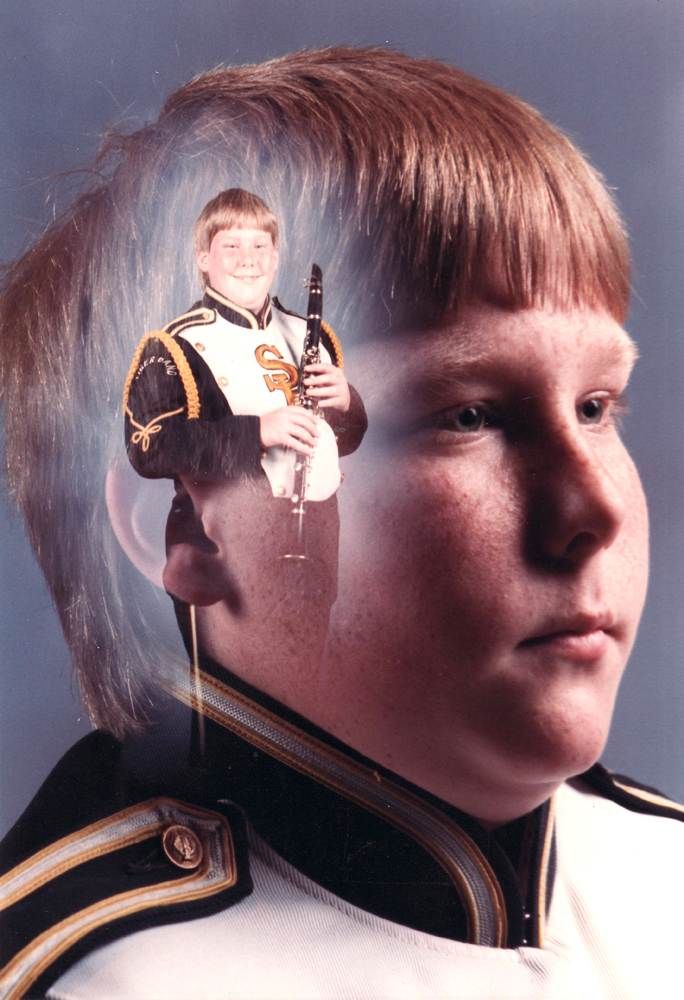 Is it a future-telling dream, or is it a coincidence? We'll let you decide.
Is it a future-telling dream, or is it a coincidence? We'll let you decide.
3. Dreams Inform You About Your Mindset
One of the most striking aspects of dreams can be the unusual setting. Remember the cow in the barn, except the barn was actually the supermarket? That type of changing setting may be an indication of not where you are but rather what you are thinking. If you dream about your workplace, it could mean your brain is always thinking about work. If you dream of a school, you could be thinking about something in life that you need to learn. If your dream takes place in your childhood home, it could be an indication that you are holding onto a way of thinking that is entrenched deeply into your past. The supermarket example could be an indication that you are often hungry.
4. Vivid Dreams and Stress
If you are having dreams that are more vivid than usual, it could be stress-related. Heightened stress floods the brain with adrenaline and other neurotransmitters. These can remain activated during your sleep, which can create vivid dreams. You are not sleeping normally because stress negatively impacts the ability to fall asleep. Your brain, and its dreams, are keeping you alert, so you can be prepared for whatever it is that is causing you stress.
These can remain activated during your sleep, which can create vivid dreams. You are not sleeping normally because stress negatively impacts the ability to fall asleep. Your brain, and its dreams, are keeping you alert, so you can be prepared for whatever it is that is causing you stress.
The mattresses available at Land of Sleep are designed to improve the quality of your sleep and the quality of your life. We believe this can also improve the quality of your dreams. Do you have a question about our mattresses, or did you dream about a mattress recently? Please contact us to learn more about the ways we can help you sleep better.
What is the meaning of what we see in a dream?
94,509
Know thyself
Sometimes sleep is just a continuation of daytime worries and reflections. But it happens that it has nothing to do with real life: war in the distant past or in the future, unknown places, mysterious creatures, completely unreal events. Some dreams surprise us - and this is a sure sign that their plot hides some other meaning. How do dreams arise?
Some dreams surprise us - and this is a sure sign that their plot hides some other meaning. How do dreams arise?
What can dreams tell about?
Dreams convey messages from the unconscious and help you enter into a dialogue with it. According to Freud, they represent forbidden desires in symbolic form, allowing us to experience what we cannot get or do in reality. And as Jung believed, dreams help maintain mental balance. What are dreams made of? 40% - from the impressions of the day, and the rest - from scenes associated with fears, anxieties, worries, neurophysiologist and somnologist Michel Jouvet believes. There are dream plots common to all mankind. But the meaning of the same plot is unique for everyone.
We have nightmares if our "I" ignores what the unconscious is trying to communicate
What is the most common dream? Men see other men in their dreams, sex with strangers, cars, tools and weapons.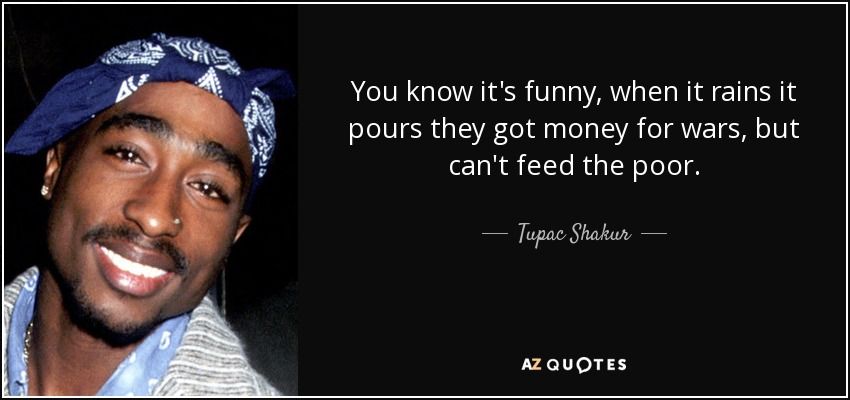 The action takes place in an unfamiliar place or in an open space. But women are less likely to leave the premises. They often dream of food, clothes, work. In addition, women tend to be more attentive to dreams than men and remember them better.
The action takes place in an unfamiliar place or in an open space. But women are less likely to leave the premises. They often dream of food, clothes, work. In addition, women tend to be more attentive to dreams than men and remember them better.
Dreams work for us, even if their images are frightening. They talk about anxiety, dissatisfaction, point to unresolved tasks. But if we calmly think about what we saw in a dream, the fear will gradually decrease.
“Frightening dreams, shocking us, make us think,” explains Jungian psychoanalyst Vsevolod Kalinenko. “We see nightmares if our “I” ignores what the unconscious is trying to communicate.” Consciousness tends to "forget" everything that is incompatible with our beliefs, but in some circumstances we can no longer do without this "forgotten" thing.
We dream in a special phase of sleep, which was discovered by the French neurophysiologist Michel Jouvet in 1959. Such a dream was called paradoxical.
“While studying conditioned reflexes in cats, we suddenly noticed an amazing phenomenon,” says Michel Jouvet. - The sleeping animal showed rapid eye movements, intense brain activity, almost like during wakefulness, but the muscles were completely relaxed. This discovery turned all our ideas about dreams upside down. The state we have discovered is not classical sleep and wakefulness. We called it “paradoxical sleep” because it paradoxically combines complete muscle relaxation and intense brain activity.”
- The sleeping animal showed rapid eye movements, intense brain activity, almost like during wakefulness, but the muscles were completely relaxed. This discovery turned all our ideas about dreams upside down. The state we have discovered is not classical sleep and wakefulness. We called it “paradoxical sleep” because it paradoxically combines complete muscle relaxation and intense brain activity.”
On the verge of sleep and waking
Some people are convinced that they never dream. “Illness, accident or injury can cause neurological changes that lead to the disappearance of dreams,” explains Michel Jouvet. “Dreams can also disappear if REM sleep phases become too short and frequent.” But there are many more who simply do not remember dreams. This is possible in two cases: either the person woke up a few minutes after the end of the dream, and during this time it disappeared from the memory, or the images that emerged from the unconscious were subjected to strict censorship by the “I”.
For those who do not remember dreams and regret it, there is a method of "free waking dreams", developed by a psychotherapist, somnologist and writer, author of the Dictionary of Dream Symbolism Georges Romey. The patient, immersed in an intermediate state of consciousness (waking dream), describes to the psychotherapist the images that come to his mind, without trying to find logic in them.
According to Georges Romey, “past traumas or difficulties fixed neurons in certain positions. In a state of relaxation, nerve impulses flow better, identifying and releasing blockages and thus facilitating awareness of images, memories and emotions. And not only does waking dream change what is written in neurons, but its study reinforces these changes. By combining Freudian dream interpretation (deciphering fantasies and personal repressions) with Jungian analysis (the collective unconscious) and using Georges Romey's symbol typology, the therapist helps the patient understand the dream.
Is it possible to decipher the dream?
So, I had a dream that surprised or alerted me. What can be done to sort it out? To begin with, show interest and curiosity, since forgetfulness is a consequence of insufficient attention to the world of dreams. And vice versa, if we begin to be interested in the inner world, if the dream touched us or seemed important, memory improves.
“We can almost forget a dream, but if we remember even the most insignificant fragment of it, or even the feeling of a dream, its aftertaste, this is sometimes enough to penetrate the slightly ajar door into the unconscious with the help of fantasies and memories,” says psychoanalyst Andrey Rossokhin . Often we immediately try to explain our dream to ourselves ... but this should not be done: thinking is a function of consciousness, and dreaming is the result of the activity of the unconscious.
“We can be sincerely sure that we understand a dream, but this is nothing more than an illusion: in reality, we hear only the voice of our own logic,” Andrey Rossokhin believes.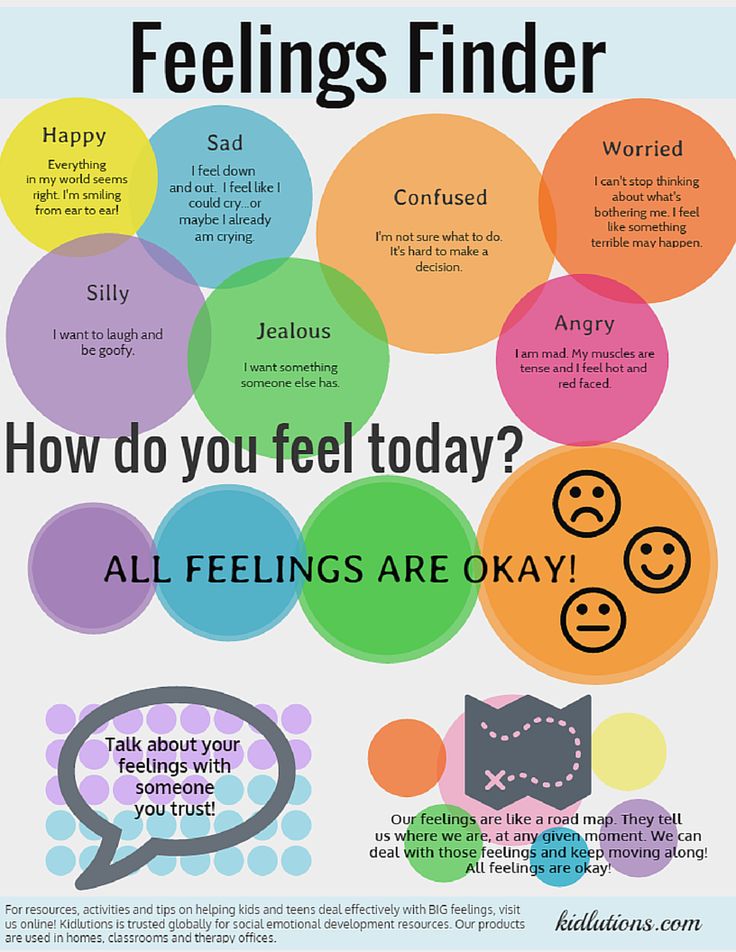 “Therefore, take your time, let the dream “breathe”, allow different thoughts and sensations to come that will arise in connection with what you see.”
“Therefore, take your time, let the dream “breathe”, allow different thoughts and sensations to come that will arise in connection with what you see.”
Words and thoughts may at first glance seem completely unrelated to the dream. The apparent meaning of the dream is only a screen behind which the deeper "messages" of the unconscious are hidden. It is necessary to notice details, especially unusual ones - often it is in them that the main idea of \u200b\u200bthe dream is encrypted. By changing the appearance and shape of ordinary objects, by creating strange situations, the unconscious gives a hint: you need to look here.
Text:Daria GromovaPhoto Source:Getty Images
New on the site
Hobbies, friends and walks: 12 ways to fight winter depression - try it in December
"How to learn to communicate with people so that they start to notice me?"
“I’ve had problems with girls all my life, I’m in my 40s, but I never started a family”
Benevolent faces: do scars decorate - unusual findings of scientists
5 positive statements that will help not to lose heart
“If you do what you do, you will have what you have”: 4 steps to change in life
I owe everyone: why are we afraid of the word “duty”?
Anastasia Sapozhnikova: “When you live in comfort, it's easy to be humane”
What do dreams say? The psychologist told about the secrets of dreams
https://ria. ru/20201008/son-1578742406.html
ru/20201008/son-1578742406.html
The psychologist told about the secrets of dreams
What do dreams say? The psychologist spoke about the secrets of dreams FREE NEWS0003
What do dreams say? The psychologist told about the secrets of dreams
Perhaps there is not a single person who has not looked into the dream book at least once in order to understand what this or that dream was about. On the secrets of dreams, the causes and ... RIA Novosti, 08.10.2020
-10-10-08T02: 08
2020-10-08T02: 08
2020-10-08T02: 08
SPIC
health - society
/html/head/meta[@name='og:title']/@content
/html/head/meta[@name='og:description']/@content
https://cdnn21.img.ria.ru/images/07e4/08/12/1575926241_0:322:3068:2048_1920x0_80_0_0_ed511b57d60009704d54c6f10bc2f09c.jpg
Perhaps there is not a single person who has not looked into the dream book at least once in order to understand what this or that dream was about. Psychologist Daria Neledinskaya spoke about the secrets of dreams, causes and consequences in an interview with Sputnik radio. Prophetic, colorful, nightmarish ... Humanity characterizes its dreams with these and other adjectives. Why do we forget dreams that seem important or interesting to us, while others, trifling, we remember in detail? When our physical body sleeps, our subconscious mind continues to work, explained psychologist Daria Neledinskaya. Thus, a dream is a kind of signal, sign or hint. Daria Neledinskaya does not recommend referring to dream books for interpreting certain images from dreams. Each of us is individual, and you should not directly understand everything that happens in a dream. Perhaps these were some signs or clues. And possibly warnings. As for nightmares, according to the psychologist, you should not try to forget such a dream at all costs. Sometimes these attempts can have negative consequences. "If you dreamed of a negative, you don't need to try to get rid of it, because when we want to get rid of something, we, on the contrary, bury it in ourselves, and it turns out that the negative begins to destroy us from within.
Psychologist Daria Neledinskaya spoke about the secrets of dreams, causes and consequences in an interview with Sputnik radio. Prophetic, colorful, nightmarish ... Humanity characterizes its dreams with these and other adjectives. Why do we forget dreams that seem important or interesting to us, while others, trifling, we remember in detail? When our physical body sleeps, our subconscious mind continues to work, explained psychologist Daria Neledinskaya. Thus, a dream is a kind of signal, sign or hint. Daria Neledinskaya does not recommend referring to dream books for interpreting certain images from dreams. Each of us is individual, and you should not directly understand everything that happens in a dream. Perhaps these were some signs or clues. And possibly warnings. As for nightmares, according to the psychologist, you should not try to forget such a dream at all costs. Sometimes these attempts can have negative consequences. "If you dreamed of a negative, you don't need to try to get rid of it, because when we want to get rid of something, we, on the contrary, bury it in ourselves, and it turns out that the negative begins to destroy us from within.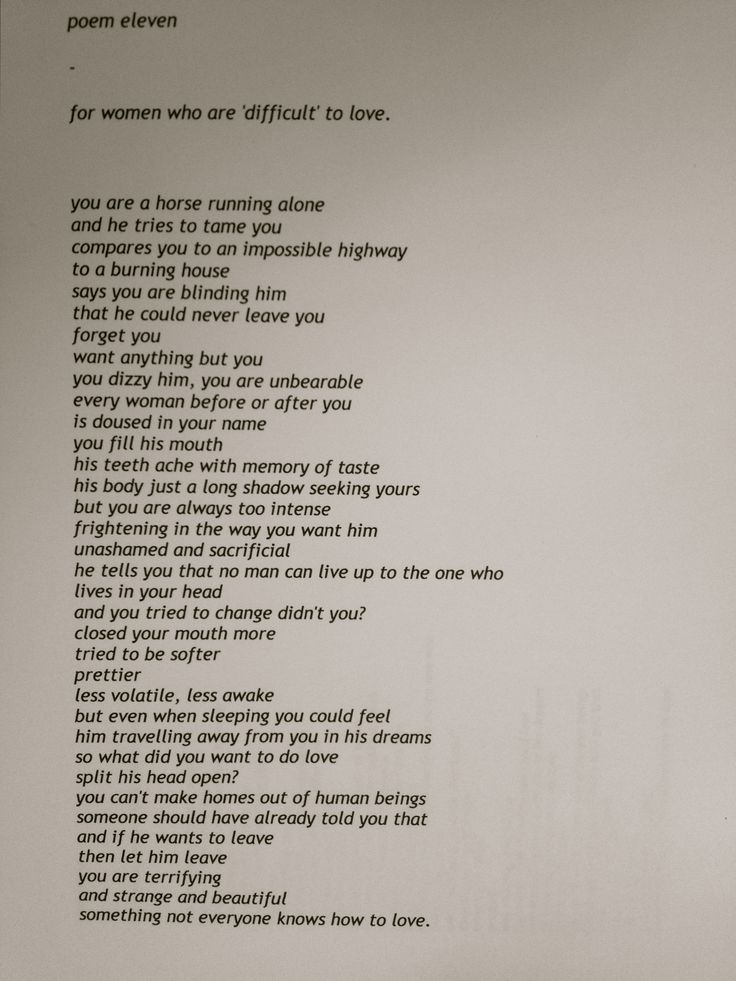 You need to listen to yourself and try to understand why you are experiencing such emotions, what happened, what feelings are at the moment, what your “I” is signaling to you, "advises Daria Neledinskaya. If we do not remember our dreams, then, according to According to the psychologist, this can happen for two reasons. Either a person has poorly developed intuitive skills and channels, or such a person does not trust himself 100%. Such a person has no connection with himself. But there is no need to worry much in this regard - this is not a deviation, but a personality trait, the psychologist believes.
You need to listen to yourself and try to understand why you are experiencing such emotions, what happened, what feelings are at the moment, what your “I” is signaling to you, "advises Daria Neledinskaya. If we do not remember our dreams, then, according to According to the psychologist, this can happen for two reasons. Either a person has poorly developed intuitive skills and channels, or such a person does not trust himself 100%. Such a person has no connection with himself. But there is no need to worry much in this regard - this is not a deviation, but a personality trait, the psychologist believes.
https://radiosputnik.ria.ru/20200920/OBSCHESTVO-577511666.html
RIA Novosti
1
5
4.7
9000
Internet 9000 6601
Federal State Unitary Enterprise MIA “Russia Today”
https: //xn---C1acbl2abdlkab1og.xn--p1ai/Awards/
9000
RIA Novosti
1
5
4.7 9000 9000
[email protected]7 495 645-6601
Federal State Unitary Enterprise MIA Rossiya Segodnya
https://xn--c1acbl2abdlkab1og. xn--p1ai/awards/
xn--p1ai/awards/
ABOUT/COPYRIGHT.HTML
https: //xn---c1acbl2abdlkab1og.xn--p1ai/
RIA Novosti
1
5
4.7
96
7,0004 645-6601
FSUE MIA Rossiya Segodnya
https://xn--c1acbl2abdlkab1og.xn--p1ai/awards/
1920
1080
true
1920
1440
true
https://cdnn21.img.ria.ru/images/07e4/08/12/1575926241_81:0:2812:2048_1920x0_80_0_0_2492ce245e9d5cae663447faf0975d03.jpg
1920
1920
True
RIA Novosti
1
5
4.7
9000
7 495 645-6601
9000 FSUE MIA “Russia today”https: //xn---c1acbl2abdlkab1og.xn--p1ai/Awards/
RIA Novosti
1
5
4.7
9000
9000 495 495 645 601 Russia Today oct - RIA Novosti. Perhaps there is not a single person who has not looked into the dream book at least once in order to understand what this or that dream was about.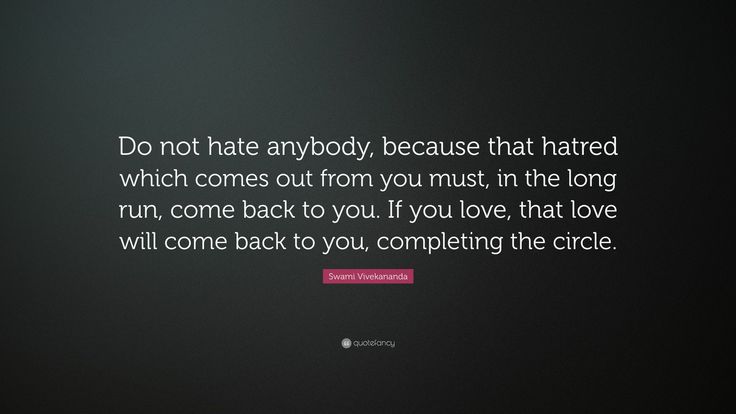 Psychologist Daria Neledinskaya spoke about the secrets of dreams, causes and consequences in an interview with Sputnik radio.
Psychologist Daria Neledinskaya spoke about the secrets of dreams, causes and consequences in an interview with Sputnik radio. Prophetic, colorful, nightmarish… Humanity characterizes its dreams with these and other adjectives. Why do we forget dreams that seem important or interesting to us, while others, trifling, we remember in detail?
When our physical body sleeps, our subconscious continues to work, explained psychologist Darya Neledinskaya. Thus, a dream is a kind of signal, sign or clue.
"Through dreams, our subconscious speaks to us. For each person, this information is absolutely individual. If you had a dream, after which an unpleasant sensation arises, I recommend listening to yourself. Turn to yourself and try to decipher what it means personally for you," the psychologist told radio Sputnik.
Daria Neledinskaya does not recommend turning to dream books to interpret certain images from dreams. Each of us is individual, and you should not directly understand everything that happens in a dream.



